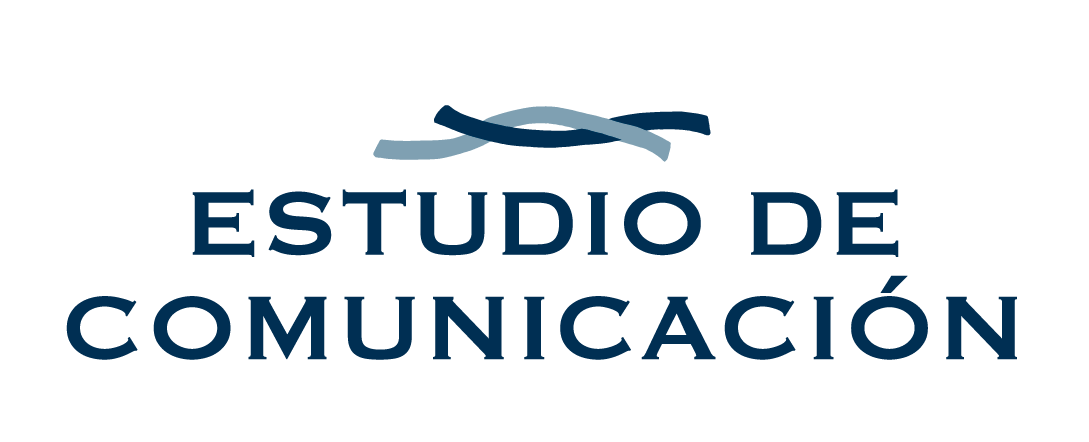Article published at El Confidencial, one of the most influential Spanish digital newspapers specialized in economic, financial and political news
By Benito Berceruelo, Founding Partner and CEO of Estudio de Comunicación
We have made little progress on the SDGs field. For those who are new to the subject, this acronym stands for Sustainable Development Goals, currently a global challenge that will shape our fate: either we are all saved, or no one is. In 2015, under the umbrella of the United Nations, 193 countries -Spain included- set some ambitious goals for 2030, but not enough. The SDGs establish a clear target for humanity: keep growing but doing so responsibly, taking care of the environment. In other words, a firm commitment to fight against climate change. They seek to improve the society we live in, in terms of education, gender and decent work, as well as paying attention to political considerations such as peace (what better time than this to vindicate it!) or justice.
The pandemic and the war have slowed down most notably the advancement of the SDGs. They have mainly affected the underdeveloped countries and those vulnerable to difficulties.
The annual report that evaluates the progression on this hard task on a country basis has just been published with very little surprises. The key findings showed that Finland, Denmark or Sweden are once again the smartest in class, showing the biggest advances. On the contrary, South Sudan, Central African Republic and Chad are the countries lagging furthest behind. Spain is doing better, but so slightly that we should be blushing. We have gone from 79.5 points to 79.9.
This job is harder for poor countries because they are chasing after other vital priorities, such as ending famine, fighting disease, or educating their younger generations. The developed countries can work harder to meet their targets and should not forget that they are responsible for this situation and that their trade policies, which aim at lower costs and higher globalization, affect and condition the development of the poorest countries.
Time goes by and we must be self-critical. Companies, or a big chunk of them, say more than they do, or do less than what they could or should. Stakeholders and investors, on the other hand, are not demanding enough with the managers for them to really commit. They should assume their role as social leaders of change and not just keep the promise of paying dividends.
Moreover, consumers should stop looking the other way when buying, for example, very cheap t-shirts made in places like China, under deplorable working conditions but in line with market prices. Recent studies on the matter show that consumers generally agree with the SDGs, but we are not as predisposed to make the efforts needed to achieve them.
And politicians, what can we say about them? They usually sign long term deals when they are uncapable of ruling without thinking about the next election and tend to leave unsolved the problems that really affect humanity.
In Spain, a government that is supposed to be progressive, with ministries very on trend like the so called of “ecological transition”, has barely progressed, but of course, our President often wears the SDGs pin. Apologies are no longer valid. We must all apologize, especially our leaders, but they often give the responsibility to others.
In this huge global challenge of sustainable development, Communication, in capital letters, has a lot to offer both to governments and companies. To keep moving forward and to do it in a faster and more efficient way, we must disclose better and globally our goals, motivate the world’s population to achieve them and make everyone aware that each of us is important and has something to contribute.
Communication must be a useful tool to pressure administrations and companies, performing as ‘Jiminy Cricket’. Only then, the powerful ones, those who can and should contribute the most, would feel the citizens’ breath close to them.
We, as communication professionals, in the broadest sense of the word -journalists, communicators, publicists… must do our part in this project. The world in which our children will live is at stake. All of us, in our daily responsibilities, must collaborate to create this collective awareness.
We set ourselves a 15-year term to meet our target. Seven have already gone by and the road ahead is very rough (full of interests) and challenging. It will be easier to achieve now what we set out to achieve seven years ago with a good systematic and continuous Communication.
